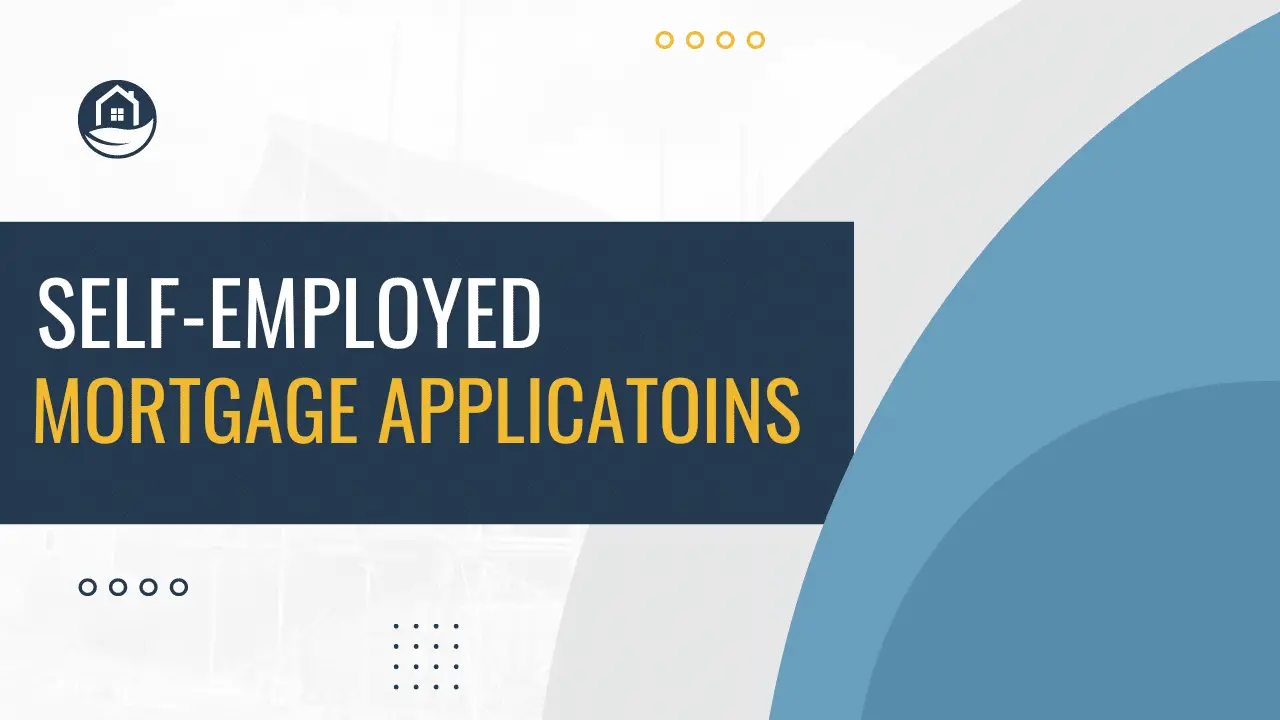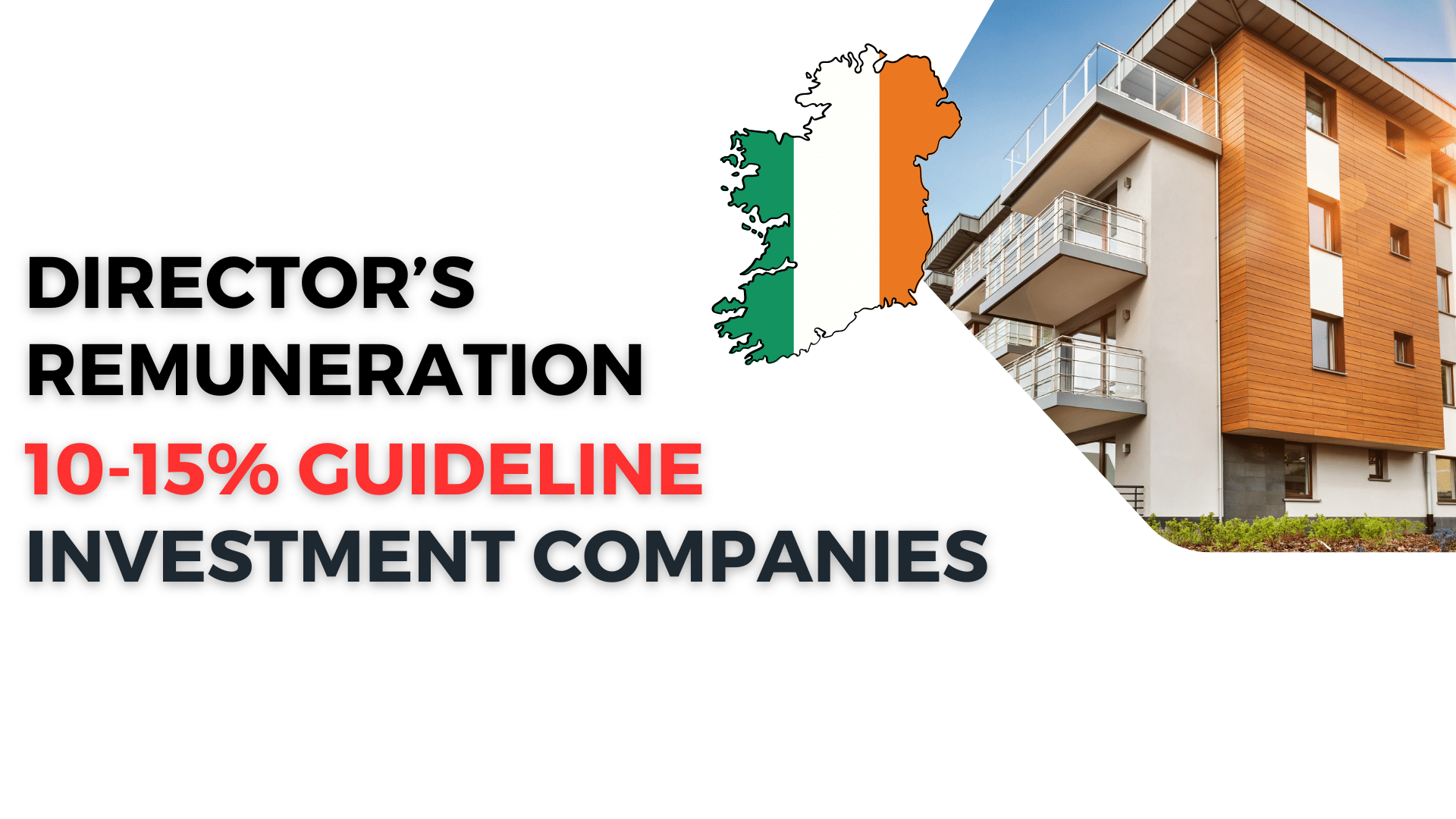The Help to Buy Scheme is one of the few government housing initiatives to help first-time buyers get on the property ladder – but it only applies to you if you are purchasing a newly built home or building one yourself.
Although the Help to Buy Scheme gives you a leg up, does it also hinder you from renting out that property? In this blog post, I will take you through what restrictions you will be faced with by using the Help to Buy Scheme.
Key Takeaway
While there are no legal restrictions against renting out your home or selling it if you have availed of the Help to Buy Scheme, the Revenue Commissioner will seek to claw back a refund in the following circumstances:
- You sell the home within 5 years
- You rent out the home
- Or any other scenario where the home ceases to become your principal private residence any time within 5 years of making the claim
- You did not complete the purchase of the home or finish the home build
The Rent a Room Scheme has no affect on any claims you have made under the Help to Buy Scheme and will not trigger a refund. This means you can still earn up to €14k tax free per annum by renting out rooms as long as the property remains your principal private residence.
The Help to Buy Scheme is not compatible with this strategy
Not everyone will set out to buy their dream home at the first time of asking. With house prices at extortionate levels, many of this generation now have to settle for getting their dream home at a much later stage.
The fastest way to save for your dream home (if you are not living at home with your parents) is to get onto the property ladder with a much smaller home or an apartment and to continue to save, with a view to upsizing within a few years.
The knock-on effect of the housing crisis is that the gap between rent prices and what the mortgage repayments would be on the same property are so far apart it doesn’t make financial sense to rent unless you can share the burden between a few people.
My own personal experience has been that my mortgage repayments come to €682 per month, whereas I could rent out the same property for €1,400 per month.
So it is much more feasible to buy a small property and upsize to your dream home in the future with the lower cost of mortgage repayments (while interest rates remain relatively low).
While the Help to Buy Scheme is a fantastic way to reduce the overall cost of your first home, if you are trying to go with a strategy of buying a small property and upsizing within a few years, the Help to Buy Scheme may end up hindering you.
Nobody likes the idea of being locked into a property by governmental rules, but the Help to Buy Scheme requires you to live in that home for a minimum of 5 years.
The consequence of not abiding by this rule is that the Revenue Commissioner can reclaim the full amount of assistance which can be as high as €30k under the Help to Buy Scheme.
That being said this may only apply to a very small number of people who are buying new builds.
A Short Overview of the Help to Buy Scheme
The Help to Buy Scheme essentially gives you a chance to get a refund of all the income tax and DIRT (Deposit Interest Retention Tax) you have paid up to a maximum of €30k, but only applies to properties that are self-builds or purchases of newly built properties (under a value of €500k).
A further criteria of the scheme is that you must be taking out a mortgage of at least 70% of the value of the property.
Although the Help to Buy Scheme was due to end in 2022, Budget 2023 announced that it is now extended until the end of 2024.
You can claim relief on the lesser amount of the following:
- €30,000
- 10% of the purchase price of a new build property
- 10% of the approved valuation of a self-build property
- The amount of income tax and DIRT you paid for the previous 4 years
Disclaimer: This blog post is for informational and educational purposes only and should not be construed as financial advice.








